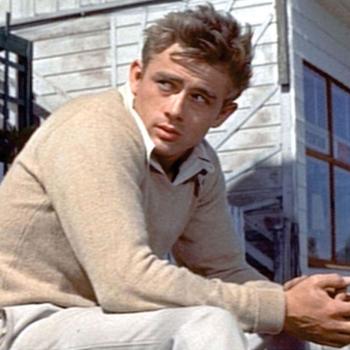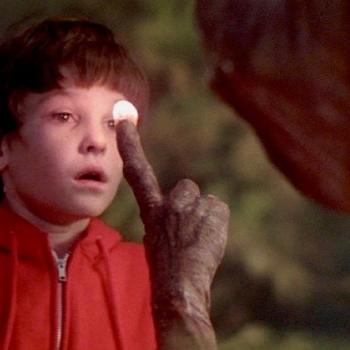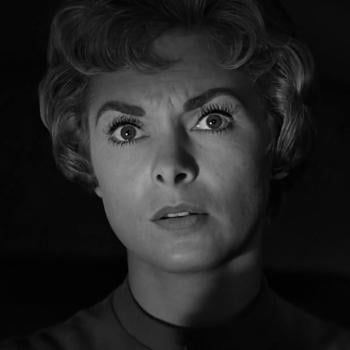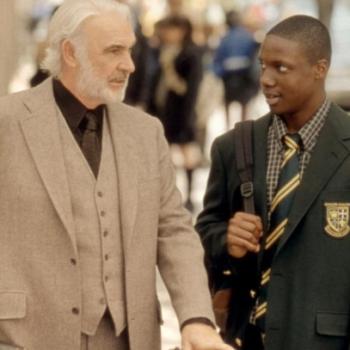
Between my readings of both Enchanted and Arrival, I think this is the third time I have written about the glorious Amy Adams, but I think it’s about time I bring the lovely Emily Blunt into this circle as well. (Scratch that, I wrote about A Quiet Place earlier this year, didn’t I?)
The two actually costarred together in Christine Jeffs’ 2008 dramedy, Sunshine Cleaning, which also featured Alan Arkin, Mary Lynn Rajskub, and Clifton Collins Jr. The story sees Rose (Amy Adams) needing to get rich quick to pay for the private school her son needs. To do this, Rose enlists the help of her wayward sister, Norah (Emily Blunt), to start a biohazard cleanup service. This process of cleaning out other people’s messes becomes a metaphor for these two women cleaning out the messes within their own lives and their relationship.
On the surface, Rose and Norah are complete opposites: Norah is a screwup and Rose is the one who landed on her feet. After all, Norah is the one still living with their father and who can’t hold down a job, and Rose is hoping that’s what people will focus on. Otherwise, they might notice that Rose is herself very insecure and barely holding it together. It’s not just that her son has needs that require highly specialized attention, whether or not she chooses to address them. Rose is still effectively stuck in high school, having an affair with her married quarterback boyfriend and keying in on the gossip of her old cheerleading squad–gossip which often centers around her, the thirty-year-old hotel maid. Rose has to chastise her screwup sister. It’s the only way she can distract herself from her own feelings of failure.
We see a vicious cycle within Rose: she lets her old schoolmates make her believe she is a failure, Rose falls back onto unhealthy patterns, she hates herself even more, she dumps her frustrations onto her sister, she hates herself even more … Rose has legitimate issues she could work with on that road to self-improvement, but she is not keying in on the right issues, neither is she listening to the right sources of feedback. The things that are wrong in her life have nothing to do with not being a cheerleader anymore. She has a loving network that she needs to sustain. But of course, it’s just easier to berate Norah for her failings.
There’s an incident two-thirds through the film where Norah and Rose are given an assignment and Rose is drawn away so she can attend a social event, leaving Norah to work the assignment by herself. This results in a crisis that severely compromises their business. Rose is eager to blame Norah in the fallout, casting it as just another bullet point on her laundry list of general bunglement. But Rose is also refusing to accept that things wouldn’t have gone astray if she hadn’t prioritized the approval of girls who have done nothing for her and been there to help her sister. There are concrete losses to Rose neglecting her relationship with Norah.
Rose’s attitude also blinds her to all of Norah’s strengths. For one thing, Norah is an enthusiastic aunt and genuinely cares for Rose’s kid. She has a zest for life and lacks the inhibitions that deter the less tenacious. She’s also deeply thoughtful and considers the feelings of people that others might overlook. There’s a subplot where Norah becomes fixated on seeking out the daughter of a woman whose site they cleaned up and making sure she’s okay, in part because Norah is projecting her own situation with her deceased mother onto this woman, and that’s a thread that ultimately leads to yet another round of humiliation for her.
Norah needs to see that she is not diseased, she is not broken. She is just lacking for proper outlets for her natural abilities, in large part because of the wounds left behind by her own mother’s suicide, something Rose also knows something about. It’s only when these two are able to come together and lift one another up that prospects start looking up for the both of them.














